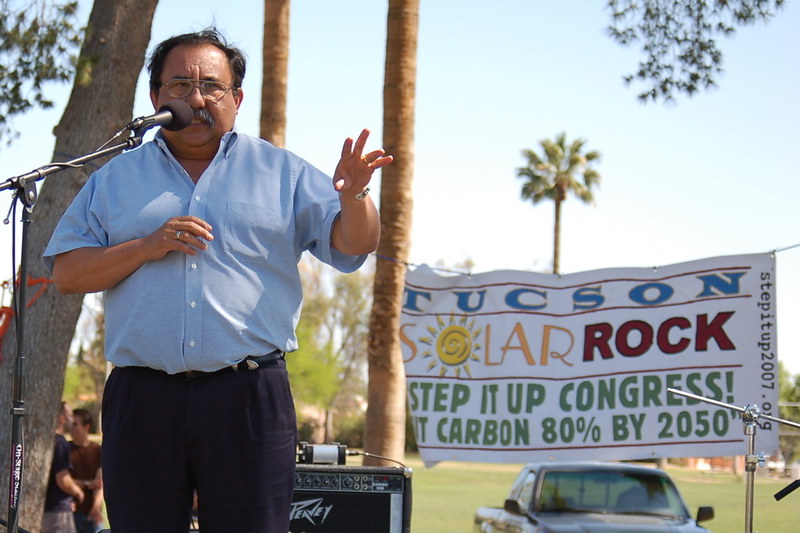The UA is estimating a decrease new enrollment in the Arizona Assurance Scholars Program by about 400 students, almost 40 percent, by 2016, according to the UA strategic plan.
Keith Humphrey, assistant vice president of Student Affairs, said the change in the numbers is because of alterations to the enrollment requirements of the program this past year.
“We have worked to make sure we are enrolling the most talented students who have the greatest level of need in the program,” Humphrey said.
Started in fall 2008 by former UA President Robert Shelton, the Arizona Assurance program provides financial assistance from low-income families who make less than $42,400 a year. The program assists students by covering their tuition, books and room and board for four years of college, with a large portion of the funding provided by Pell Grants.
Beginning with this incoming class, high school applicants applying to the UA will only be considered for the program if they have a grade point average of a 3.0 or better. In the previous three years, students only needed to have at least a 2.0.
“We hope that we have large numbers in those groups and so it can vary from year to year based on how many students present themselves in both income qualifications and the academic qualifications of the program,” Humphrey said.
There are currently more than 2,000 students enrolled in the program, including about 1,100 freshmen. The UA strategic plan puts target enrollment at 700 new freshmen in 2016. Arezu Corella, assistant director of Academic Success and Achievement and a member of the UA student transition and retention team, said a slight decrease has already been seen in the number of students admitted into the program compared to last year.
“At the end of last year it became necessary because of finances to reduce the number, keeping in mind that tuition is going up, the subsidy of the Legislature was going down and then the number of students was increasing,” said Edith Auslander, an Arizona Assurance consultant and member of the University of Arizona Foundation.
According to an Arizona Assurance overview, $1 million a year is needed for each class to fund the program through the combination of federal aid, grants, scholarships and donations.
Arizona Assurance and the University of Arizona Foundation are working on fundraising a $100 million endowment for the program in order to keep it running for years to come.
“The economy is challenging for fundraisers right now,” Humphrey said, “but there is a team of folks who are working to make sure the program is financially supported by an endowment as soon as possible.”







